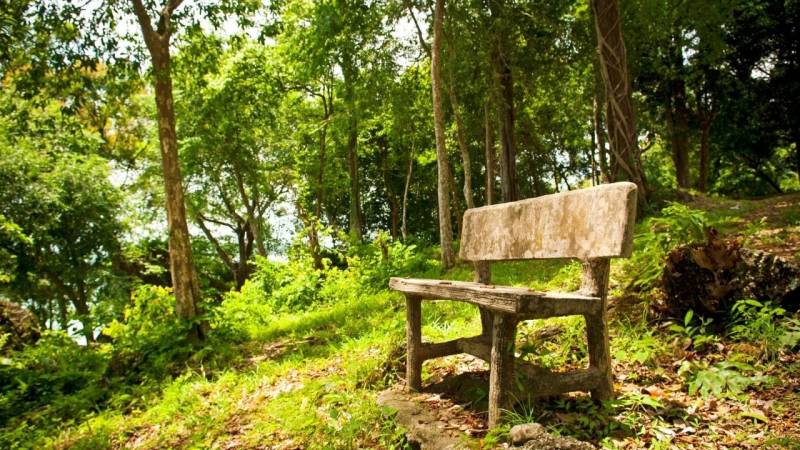
Why the sit spot is the miracle tool of wilderness pedagogy?
👉 The key facts from this guide
- Discover the seat as a tool for deep nature connection and self-reflection.
- Choose a place in nature that you like and is easily accessible.
- Sit at your seat at least once a week, preferably daily.
- Observe the surroundings and get to know the private world of wild animals and plants.
- Develop enhanced perception and let the seat become your teacher.
- Enjoy the benefits of a seat, such as familiarity with nature and increased mindfulness.
Imagine there was a tool that allows you to establish a truly deep connection with nature.
It would enhance your perception, allow you to find inner peace, and at the same time, you could learn a lot about animals and plants.
Things you don't learn from books.
Sounds fantastic, doesn't it?
Actually, there is this wonderful tool and I want to tell you today what it is and how you can easily integrate it into your life.
What is the seat?
The seating position is one of the core routines of wilderness education.
For me, she is the most important of all.
I know no better way to connect with nature and find my own inner peace.
You not only learn a tremendous amount about nature and everything that lives within it, but also (which makes it even more exciting) a lot about yourself.
This place is a self-experience booster for you.
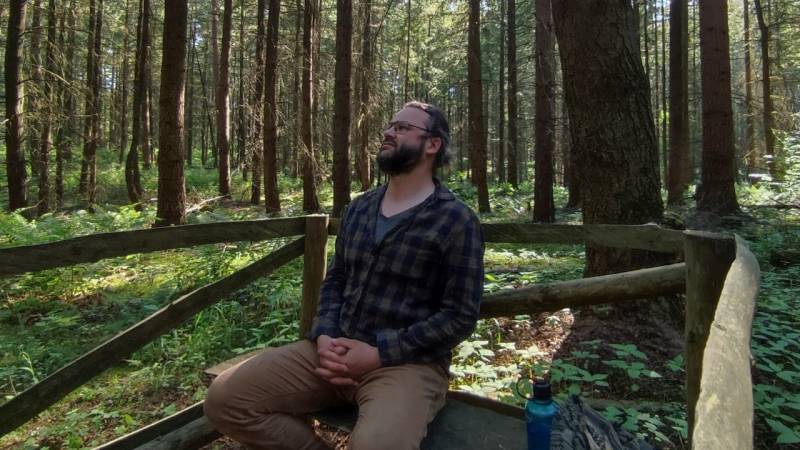
The tools of wilderness education are very ancient. Their roots go deep into the knowledge of indigenous peoples.
First and foremost is the fascinating story of Tom Brown Jr., who was able to spend his childhood with the Apache Stalking Wolf and learned from him all the secrets that we can now rediscover through wilderness education.
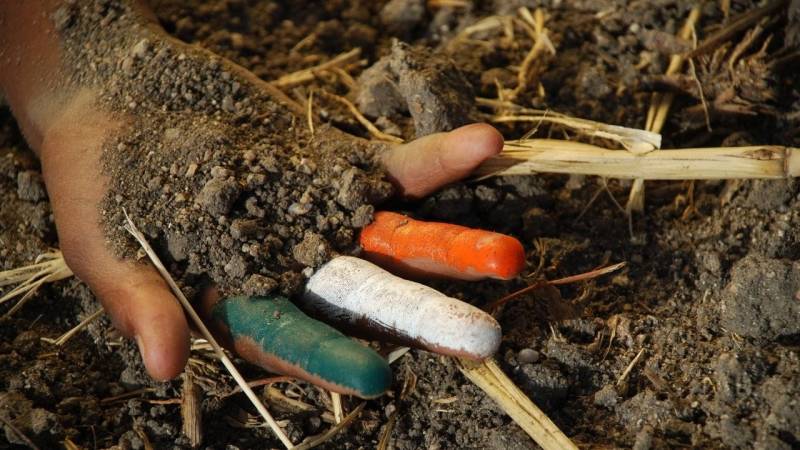
I will be happy to tell you more about it in another article.
Today, let's talk about your personal space in nature.
How do I get started with this amazing tool?
It's very easy.
You find a place outside where you feel comfortable and familiarize yourself with its dangers (Read here: Dangers in the forest - 15 things you should pay attention to).
It doesn't matter if it's a particularly beautiful place, but it can be helpful for your motivation at the beginning if you like it.
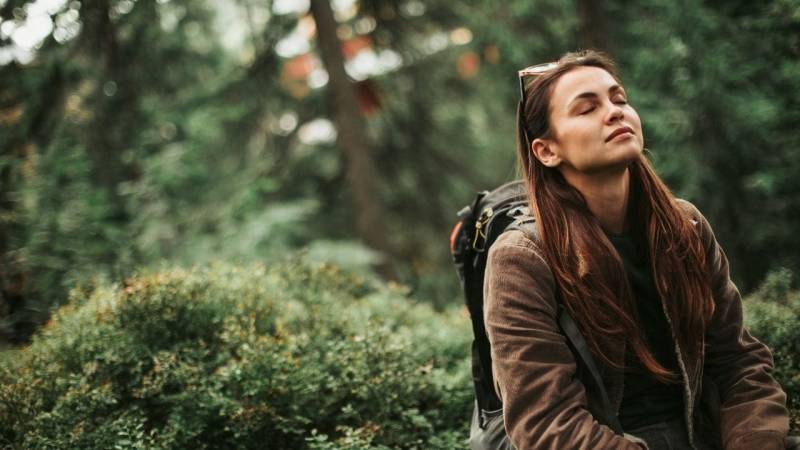
Make sure it is not too far from your home, as it should be easy and playful for you to integrate this routine into your everyday life.
At least once a week, but preferably daily, you should take your seat.
In the ideal case, your sit spot is in the forest or by a body of water where there is a great biodiversity.
But it can also be a city park, green strip, or a corner in your garden.
It is important that you start and not that all circumstances are perfect.
Stay still
You have found a place? Then now begins the part that is both simple and difficult.
As the name suggests, the practice involves sitting still.
In a way, sitting in silence opens a door to a world that is normally hidden from people.
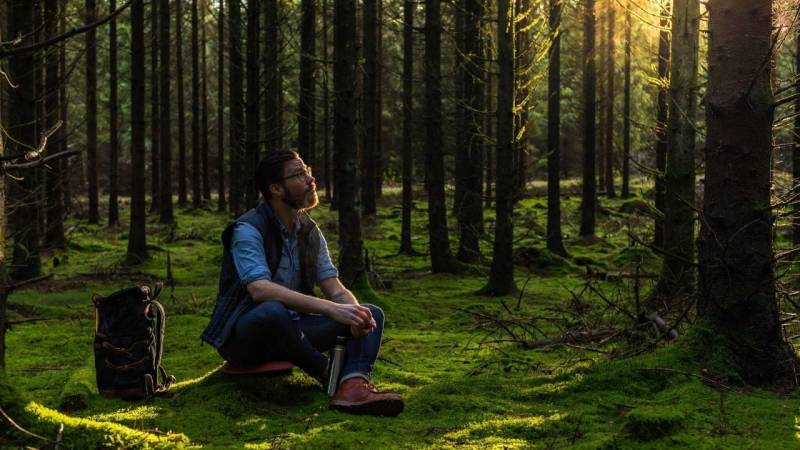
The calmer and more motionless you remain and observe with the help of your owl's gaze (peripheral vision), the more you will become one with your surroundings.
You only get to know the private world of wild animals and the language of birds through your presence.
Through your longer and recurring visits to this place, you will actually merge with your environment and no longer be perceived as an intruder.
Indeed, it will cause animals in your environment to return to their natural processes, and you will observe things that you could never learn from books.
Moreover, the entire fauna around you will become familiar to you. You will become a native.
Read also
33 Tips for More Connection with Nature - How to Strengthen Your Connection with Nature – You long for a stronger connection to nature? Here you can find 33 specific exercises and ideas, with which you can easily strengthen your connection to nature.
A little story about the seat
At my seat there is an old badger sett. Badgers often pass on their sett from generation to generation and sometimes live with multiple generations in one sett.
They have understood the principle of sustainable living. Accordingly, the buildings can be very old and large.
I have never seen a badger there, as they are very shy and usually active at night.
The more often I was in my place, the faster the birds stopped taking notice of me and after a while, my arrival didn't even bother them anymore.
Excellent conditions, therefore, to observe wild animals.
On a wonderfully warm day in July, the sun was shining through the branches and casting its light right in front of one of the exits, the badger actually came out of its burrow.
And that in the middle of the afternoon. I was so overwhelmed that I held my breath for a moment.
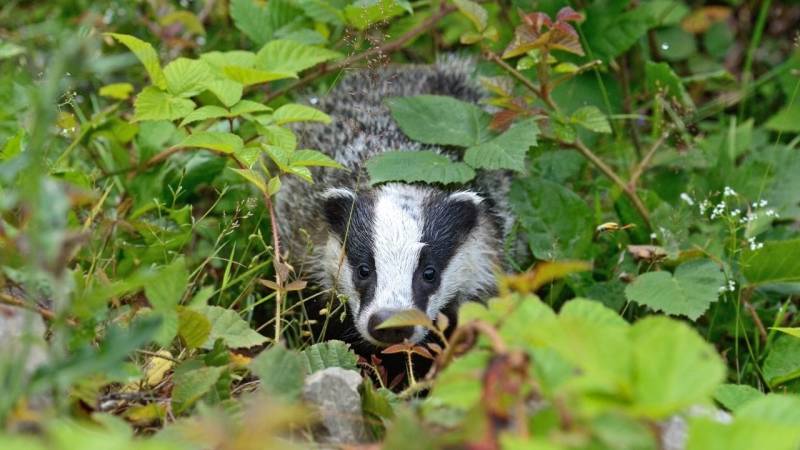
That badgers are big, I know. But when he stood there in front of his burrow, just a few meters away from me, I was surprised.
I expected him to spot me right away and then disappear into his burrow again. He sniffed the ground and settled comfortably in the sun.
There was no bird alarm due to my presence, and it didn't seem to sense me otherwise.
I was able to observe him there for quite a while. The coloring and texture of his fur, his face, and also his paws with their long claws.
I memorized every detail and sketched it in my species journal at home. What a magical encounter.
Meeting a badger in the middle of the day is truly something very special.
I like to tell and listen to seat stories during my classes.
Both children and adults always listen attentively and sometimes can't believe what is happening while just sitting there.
Most animal encounters I have experienced in my seat and I know it will be the same for you.
Your Perception: The Place Becomes the Mentor
Small changes, caused by the weather and the play of the seasons, will become more noticeable to you during your seating routine.
You develop an enhanced perception.
Your place becomes your teacher.
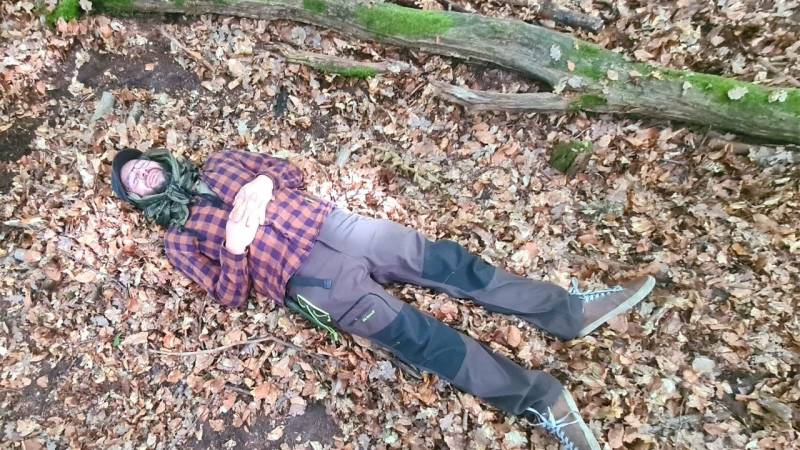
He will be a familiar place to you and also a harbor of safety when you need comfort.
He makes you become mindful of what is happening around you and also within you.
Through this routine, you will now move differently and much more confidently in nature.
You will know exactly where and when you will encounter which animals, where ticks are to be expected, and when it's better to pack a rain poncho. And for that, you won't need a weather report anymore.
Ideally, you should also create a map of the surroundings.
Your task: Do nothing
Nothing to do, consciously omitting all distractions is liberating, but also difficult.
The modern human is constantly caught up in a whirlwind of activity, making it initially quite difficult to simply sit still.
All kinds of emotions, thoughts, and maybe even fears arise.
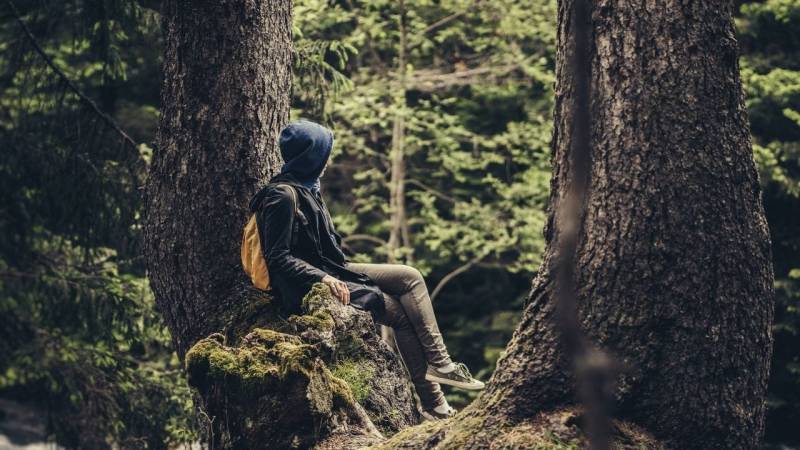
You circle around like a swarm of mosquitoes and buzz at least twice as loud.
It would be so easy to take out the smartphone now and distract oneself again.
If that happens, I have a little tip for you: Allow your thoughts and feelings and write them down.
I used to do that at the beginning. Everything that came up ended in my notebook.
I set this aside and was able to better focus on my surroundings. Later, I took a closer look at them.
An exercise for your seating routine
I would also like to give you a little exercise today that will make it easier for you to settle into your seat.
Breathe in and out deeply. Focus on how the ground feels beneath you.
Is it warm or cold? Rather soft or hard? How does your back feel right now? Are you sitting comfortably?
Direct your attention to your surroundings now.
What does it smell like here? Where does the wind come from, and how does it feel? Which direction does the sun shine from, or where do the shadows of the trees fall?
What sounds do you perceive? What is the loudest animal you hear?
You can immerse yourself more and more in each question.
It is important that you relax and do not try to force anything.
5 reasons to choose a seat
1. You gradually lose all fear of contact with nature.
2. It is your retreat where you get to know yourself better.
3. You become at home in nature and familiar with the animal and plant world.
4. Your perception increases.
5. It is your best teacher to experience deep nature connection.
And now I wish you much joy in discovering your own, very personal place in nature.
I am very excited to hear your seat stories. You are welcome to write them in the comments here.
Was this guide helpful?
33 people found this guide helpful.
5.00 out of 5 points (33 Ratings)
Comments (0)
This post may contain affiliate links. So if you click on the links and make a purchase, I will receive a small commission at no additional cost to you. Click here, to learn more about it.



